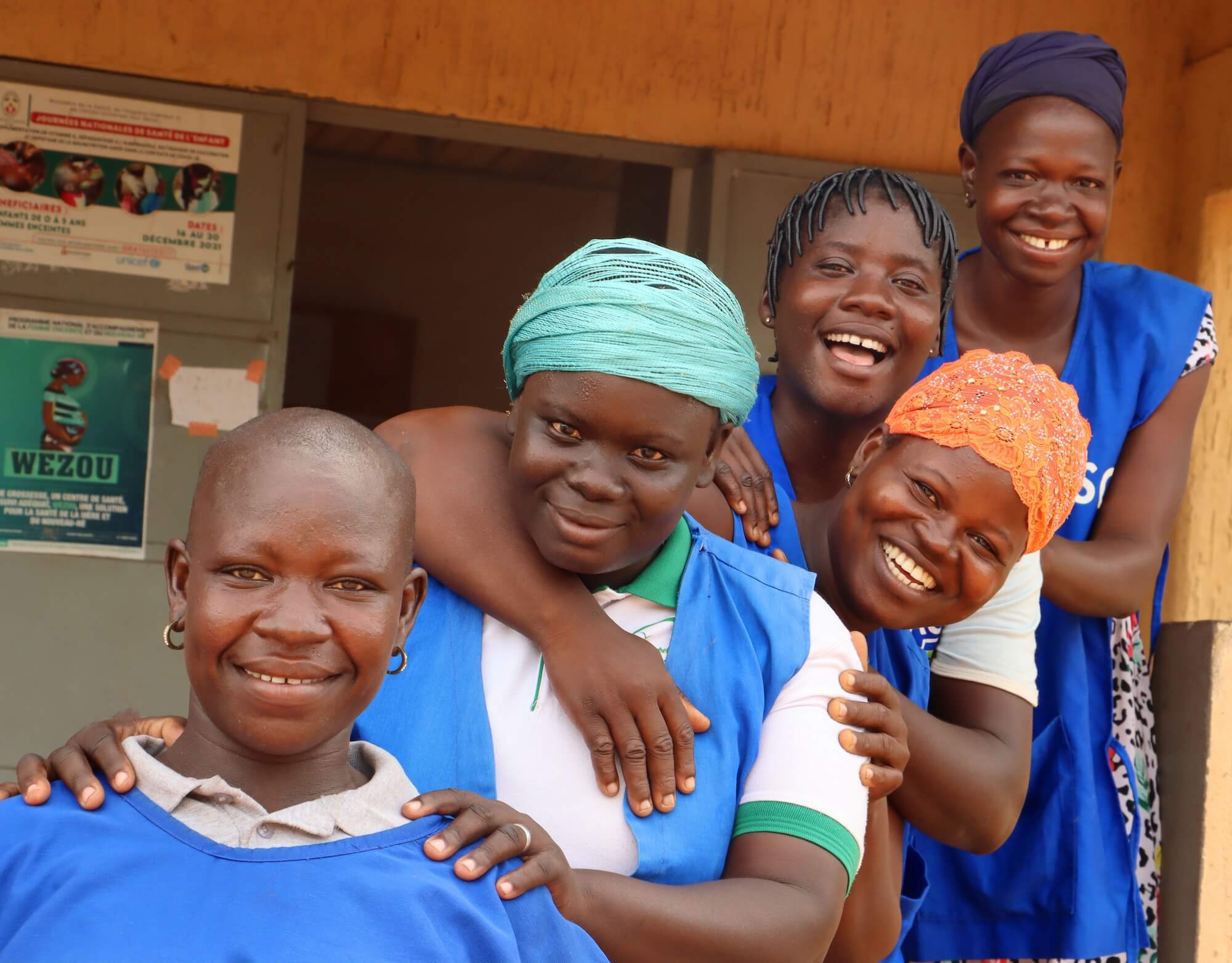Gender-responsive health systems
At Integrate Health, we believe health equity cannot be achieved without gender equity. Women, who make up 70% of the community health workforce, face unequal pay, limited opportunities, and greater risks of gender-based violence. By prioritizing gender equity, we create a health system where all providers and patients can thrive. Gender equity is not just a goal—it’s the path to achieving true health equity.

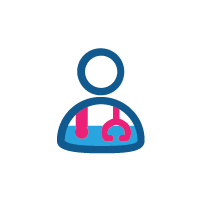
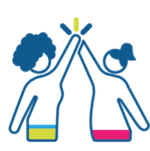
The Clinton Global Initiative Commitment to Action
Integrate Health and Last Mile Health committed in 2023 to work with African Ministries of Health to strengthen gender-responsive community health programs across four countries and develop and disseminate lessons learned that can inform other countries on their journey.
Building on our combined experience, we identified gender barriers that women Community Health Workers face during their career. Lessons learned and best practices for practitioners and policy makers will be packaged and disseminated globally to amplify the impact of this work.
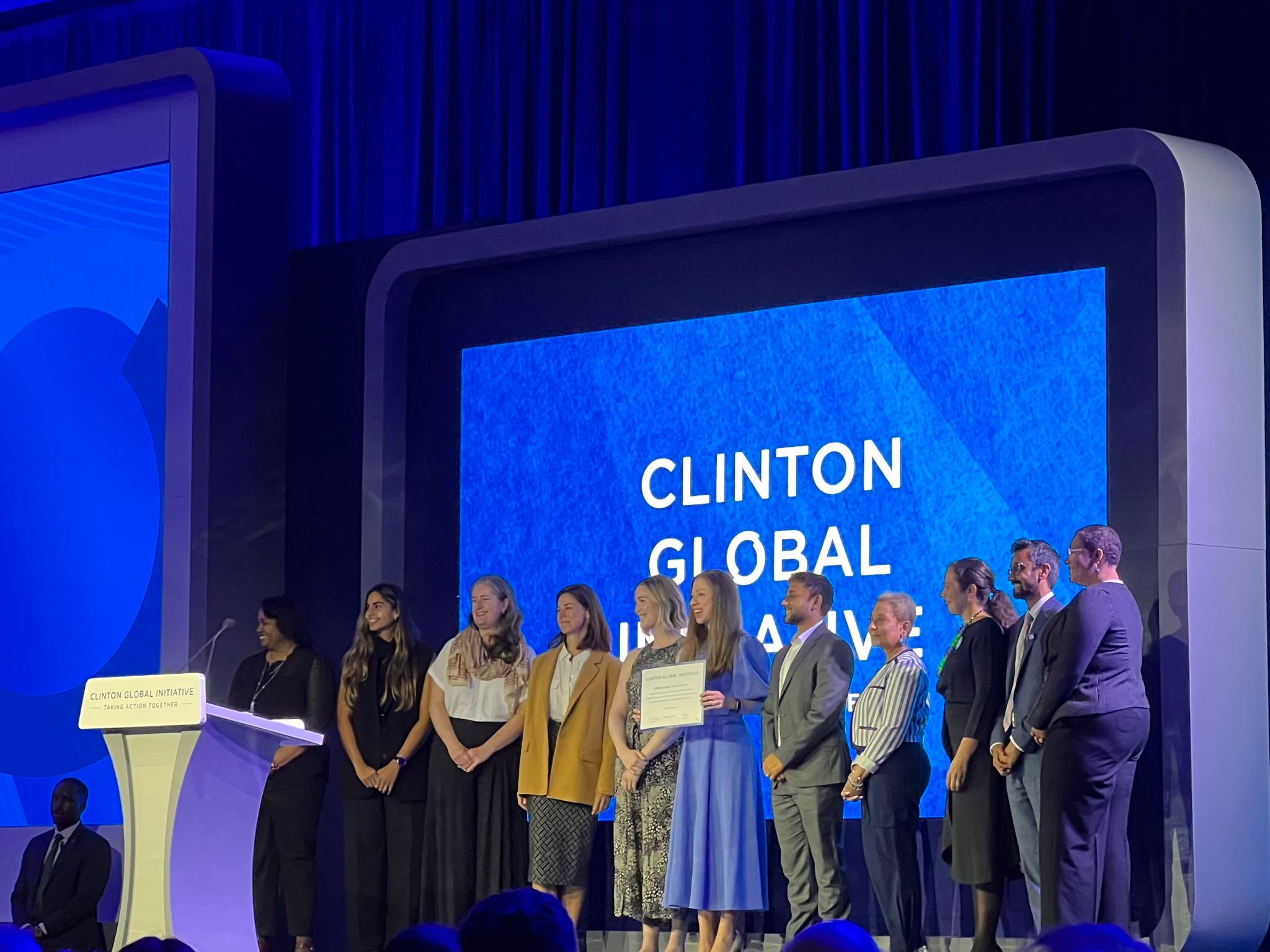
Gender Equal Health and Care Workforce Initiative
In 2022, Integrate Health made written and verbal commitments to the GEHCWI. For instance, we trained 13 CHW ambassadors as part of pillar 1 to increase the proportion of women in health and care leadership roles. With a strong focus on eliminating discrimination, harassment, and violence in the workplace for all health and care workers, the initiative aligns with what we set ourselves to achieve in terms of gender equity. Integrate Health is also part of various coalitions like the Alliance for Gender Equality and UHC.
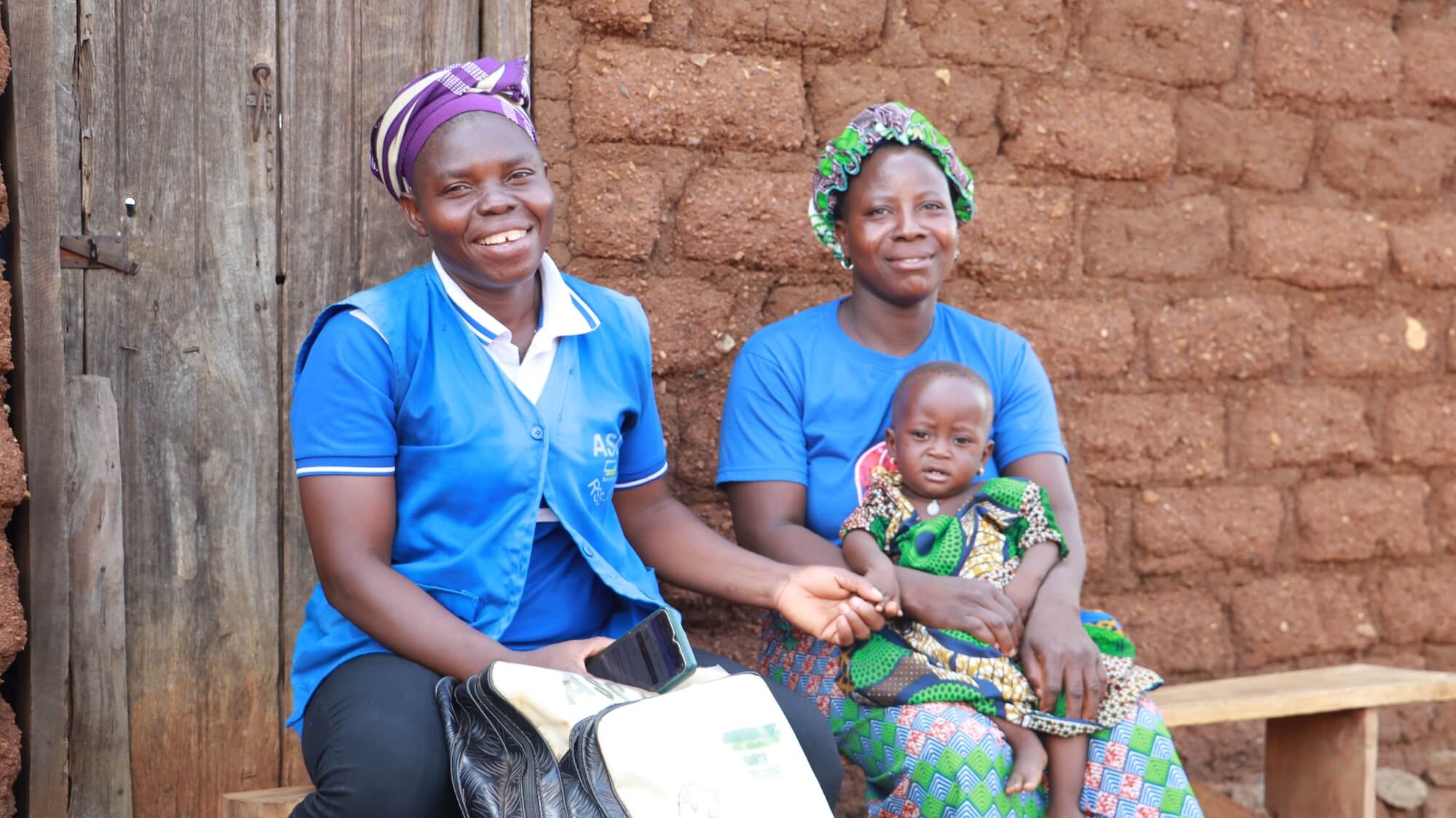
Gender equity is not a “nice to have”
Prioritizing gender equity in the community health workforce isn’t a “nice to have”; it’s essential to achieving health for all. We are making our program gender–responsive because we know it saves lives and because women are the key to unlocking progress towards Universal Health Coverage and the SDGs. Whether they are patients or healthcare providers, women should be empowered, protected, and included.

